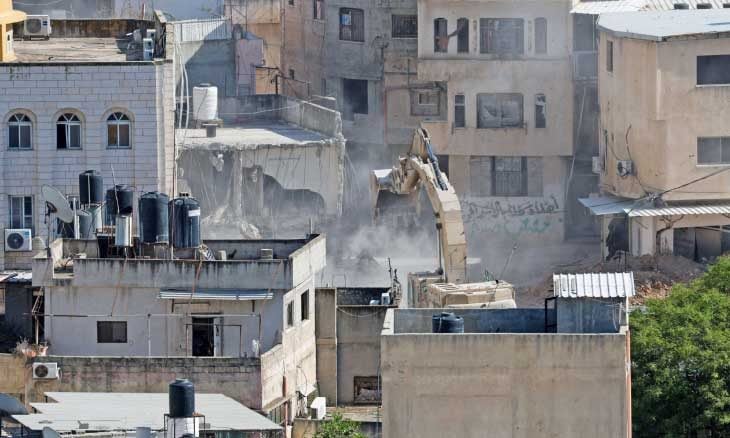JERUSALEM, May 20, 2017 (WAFA) – Gaza’s electricity crisis has become acute and is going to get worse if no immediate solution is found, the United Nations Office for the Coordination of Humanitarian Affairs (OCHA) to the occupied Palestinian territories said on Friday.
A statement by the Humanitarian Coordinator on the electricity crisis in Gaza warned that after five weeks in which a decade-long electricity crisis has reached an acute level, the electricity situation is going to further deteriorate unless a solution is quickly found to resolve it.
Gaza has been experiencing a severe electricity crisis since mid-April after its only power plant stopped operation due to shortage of funds to pay for its fuel after the Palestinian Authority has accused Hamas in Gaza of pocketing money it collects from Gaza electricity bills.
Since then, electricity levels have fluctuated between about 100 and 150 Megawatts. In practical terms, this means that most households and services in Gaza receive electricity from the grid for at most four hours at a time followed by a 12 hour power-cut.
The Humanitarian Coordinator said that after five weeks, a chronic crisis has become acute. “These kinds of levels of electricity have a grave impact on the supply of safe drinking water, on the treatment and management of sewerage, on the availability of health services, on businesses, on schools, and much more,” said the statement.
“Gaza‘s most vulnerable citizens are paying the highest price during this crisis. No household in Gaza is untouched, but the situation of patients on dialysis, disabled persons living in apartment buildings without reliable elevators or water supply and the elderly is especially precarious.”
The Humanitarian Coordinator said the Palestinian Authority, Hamas, which controls Gaza for a decade, and Israel as the Occupying Power, “have obligations for the welfare of Gaza‘s residents and must live up to their responsibilities.”
“I urge all parties to come together to reverse the current trajectory towards another major humanitarian crisis in Gaza.”
M.K.










